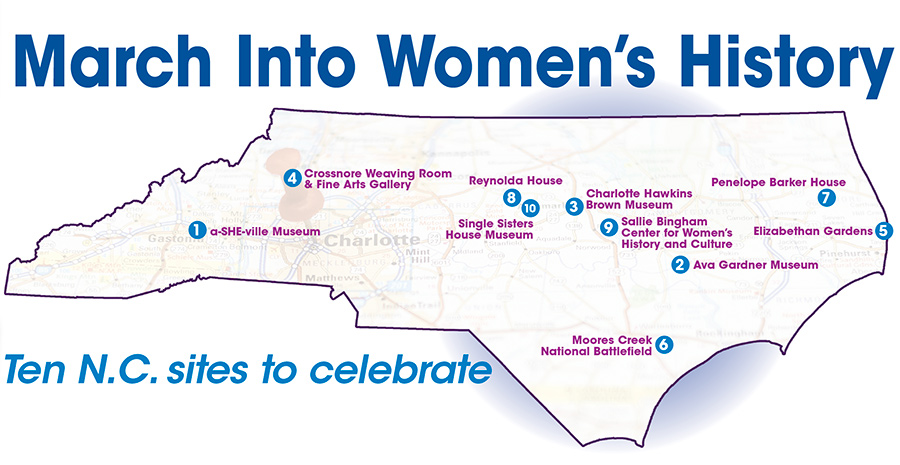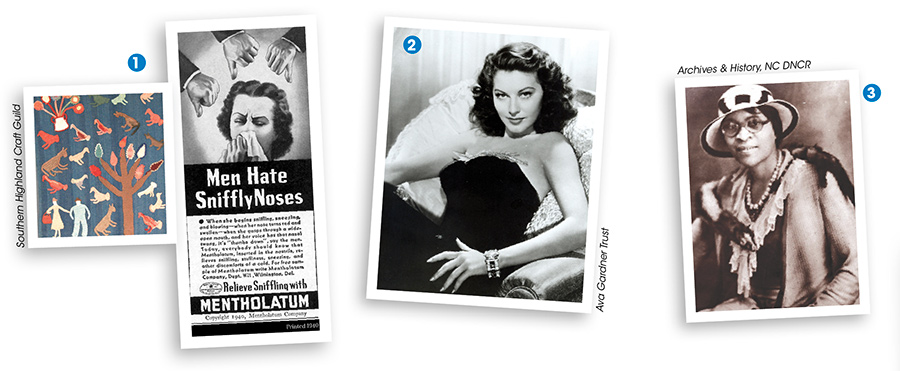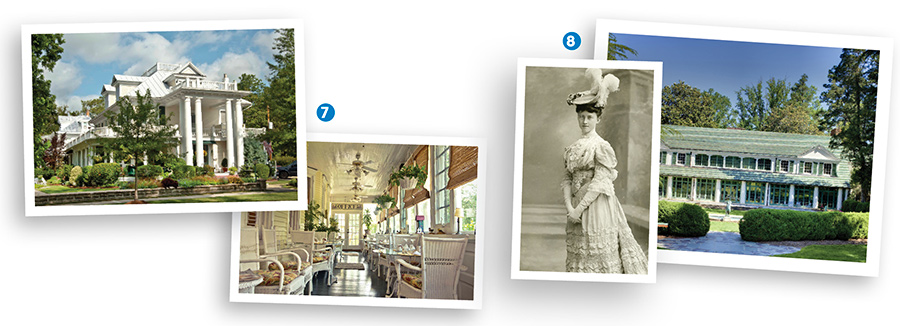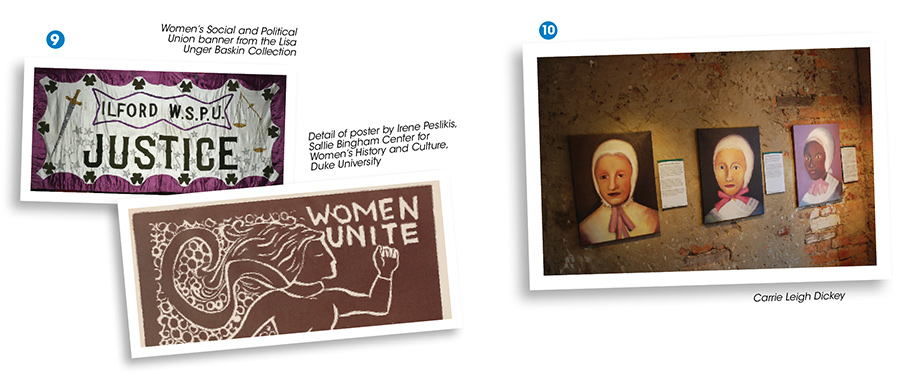
From Virginia Dare, the first child born to English parents in America, to Bev Perdue, the first female governor of North Carolina, women have a vital place in the story of the Tar Heel State.
For every woman who has gained a spot in the history books, innumerable female Tar Heels have helped build and sustain the state. Working in the burgeoning textile industry. Forwarding higher education. Documenting Civil War experiences.
Since 1980, when President Jimmy Carter issued the first presidential proclamation calling on Americans to remember the contributions of females to our country and culture, women's history has been celebrated throughout the nation. Women's History Month become official in March 1987.
Want to honor the women who changed North Carolina? There's nothing like going to the places where they triumphed.
The Tar Heel State has a wide range of locations that tell the tale of female North Carolinians who, despite challenges and adversity, made their communities better places and held onto their dreams. Here are 10 to check out:
1. a-SHE-ville Museum
Asheville
ashevillemuseum.com
This is the premier women's cultural museum in the Southeast and the only one of its scope in the country. Its exhibits range from antiquity to contemporary and local to global. Current exhibits include 100+ Years of Sexism in Advertising, A Day in Her Life – Women Around the World, and Appalachian Women. There's also a gift shop featuring the work of local women artisans.
2. Ava Gardner Museum
Smithfield
avagardner.org
Born in Brogden, N.C., a rural community near Smithfield, Gardner went on to become an international film star. She acted in more than 60 movies throughout her career, including "Show Boat" and "Night of the Iguana." This museum features a large collection of Gardner memorabilia.
3. Charlotte Hawkins Brown Museum at historic Palmer Memorial Institute
Sedalia
nchistoricsites.org/chb/chb.htm
Founded in 1902 by Dr. Charlotte Hawkins Brown, Palmer Memorial Institute transformed the lives of more than 2,000 African American students. Today, visitors can explore this unique environment where boys and girls lived and learned during the greater part of the 20th century.

4. Crossnore Weaving Room & Fine Arts Gallery
Crossnore
crossnoreweavers.org
Mary Martin Sloop founded the Weaving Room to keep alive the art of hand-weaving, give economic opportunities to women, and promote The Crossnore School through the sale of beautiful goods all over the world. The museum highlights the history of the school's weaving program from its beginnings in 1920.
5. Elizabethan Gardens
Manteo
elizabethangardens.org
The idea for The Elizabethan Gardens was first proposed in 1951 to the Garden Club of North Carolina, a nonprofit organization of 17,000 women. Since then, this extraordinary tribute to the first English settlers of Roanoke Island has grown and flourished.
6. Moores Creek National Battlefield
Currie
nps.gov/mocr
This is the site of one of the first Revolutionary War battles to take place in the South. It was won by the Patriots. Throughout the park, remnants remain of the 1776 road traveled by Patriot and Loyalist forces. The Heroic Women's Monument is believed to be the only marker in the U.S. honoring 18th-century women and their sacrifices during the war.

7. Penelope Barker House & Welcome Center
Edenton
ehcnc.org
Barker was one of 51 ladies who signed her name to a petition resolving not to buy or use British goods because of taxes levied by the king. Their protest became known as the Edenton Tea Party. The house, highlighted by a parlor wing and a half hall, was built in 1782. It is now Edenton and Chowan County's Welcome Center.
8. Reynolda House Museum of American Art
Winston-Salem
reynoldahouse.org
Exhibited here are masterpieces from three centuries of painting and sculpture by renowned artists, including Mary Cassatt and Georgia O'Keeffe. The museum is located on the historic estate (circa 1917) of Katharine and R.J. Reynolds, founder of the R.J. Reynolds Tobacco Co. It might have been his fortune that built this bungalow-style mansion, but it was three generations of women whose compelling stories are told within its walls.

9. Sallie Bingham Center for Women's History and Culture, Duke University Libraries
library.duke.edu/rubenstein/bingham/index.html
This center in Duke's Special Collections Library acquires, preserves and makes available to researchers the materials, both published and unpublished, that reflect the public and private lives of women, past and present.
10. Single Sisters House Museum
Winston-Salem
salem.edu
In 1766, 16 brave young women walked from Bethlehem, Pa., to their new home in the wilds of North Carolina. These Single Sisters, unmarried women of the Moravian community, later established their own house in the village of Salem. The structure sheltered dedicated teachers and female students who were eager to learn. The Single Sisters operated the school for many years as one of their successful entrepreneurial enterprises, a lasting reminder of the value of equal education and opportunity for women.
